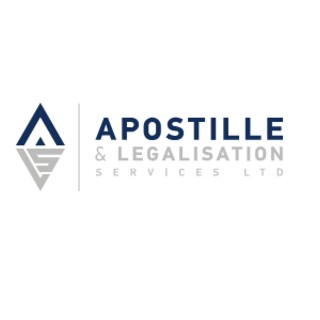Most Popular
 What is Document Certification and Document Legalisation?
What is Document Certification and Document Legalisation?
Document certification and document legalisation are integral processes in ensuring ...
Understanding Travel Consent Witnessing and Travel Documentation Legalisation
In an increasingly globalized world, travel has become a common ...
Document Notarisation Demystified: A Closer Look at its Significance
Document Notarisation Demystified offers an insightful exploration into the significance ...



Several Ambiguous Terminology Of Overseas Legalisation

The process of legalizing a document from one nation so that it can be acknowledged in another is known by a number of names. You may have acknowledged a request to get your document notarized, legalized, or apostilled. Because different agencies use distinct nomenclature that typically refers to the same process, this can be confusing. We are often requested to explain the distinction between the apostille & legalization.
We can clarify the parallels & discrepancies between the several ambiguous terminology that are frequently used when presenting your documents abroad. After signing his or her name & applying his or her official seal through a notarial act, the Notary Public arranges for the document to be delivered Court Registrar for confirmation of the Notary's signature & official seal. The document is then presented to the Consular Section of Foreign Affairs in Dublin in order to settle the Supreme Court Registrar's signature. Lastly, it is presented to the diplomatic or consular representation of the foreign country to authorize the signature of the Irish Consular Officer. The document is considered legalized if all of the previously mentioned procedures have been fulfilled. Some people refer to the Apostille as one stop shop legalisation.
How Overseas Legalisation is done
Countries that have adopted the Apostille process, which eliminates the need for legality, are listed on the Hague Convention. You might also look at the list of nations that have not ratified the Hague Convention or, more likely, the website of the Department of Foreign Affairs. Official documents, such as shipping & business documents, typically require official authentication & verification before being used abroad in Overseas Legalisation. The type & scope of the identification & verification procedures required in that other country are typically determined by the country of destination. Apostilled documents may be needed in some situations, while more completely legalized documents may be needed in others. The definitions of legality & apostille, on the other, varied significantly.